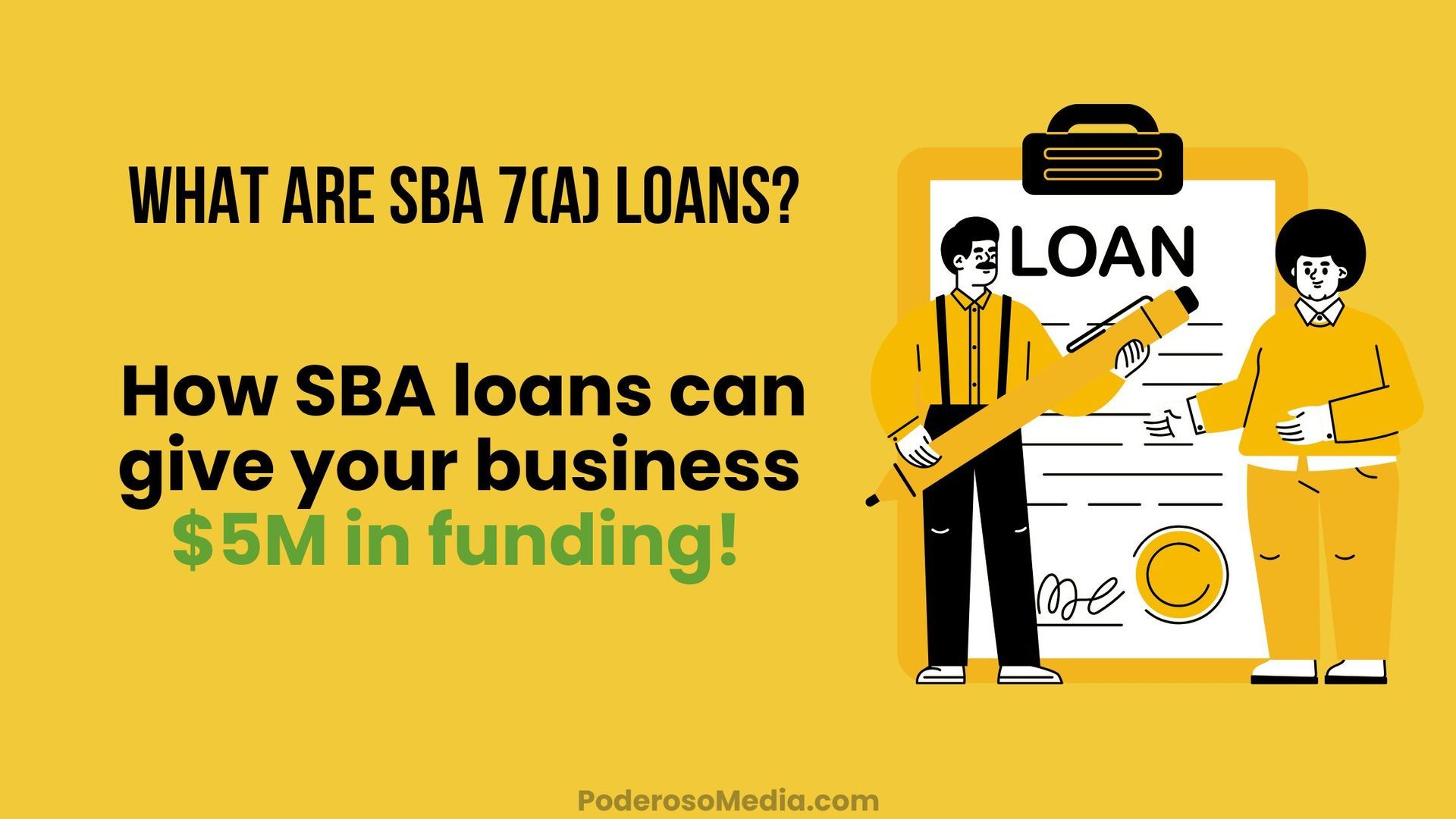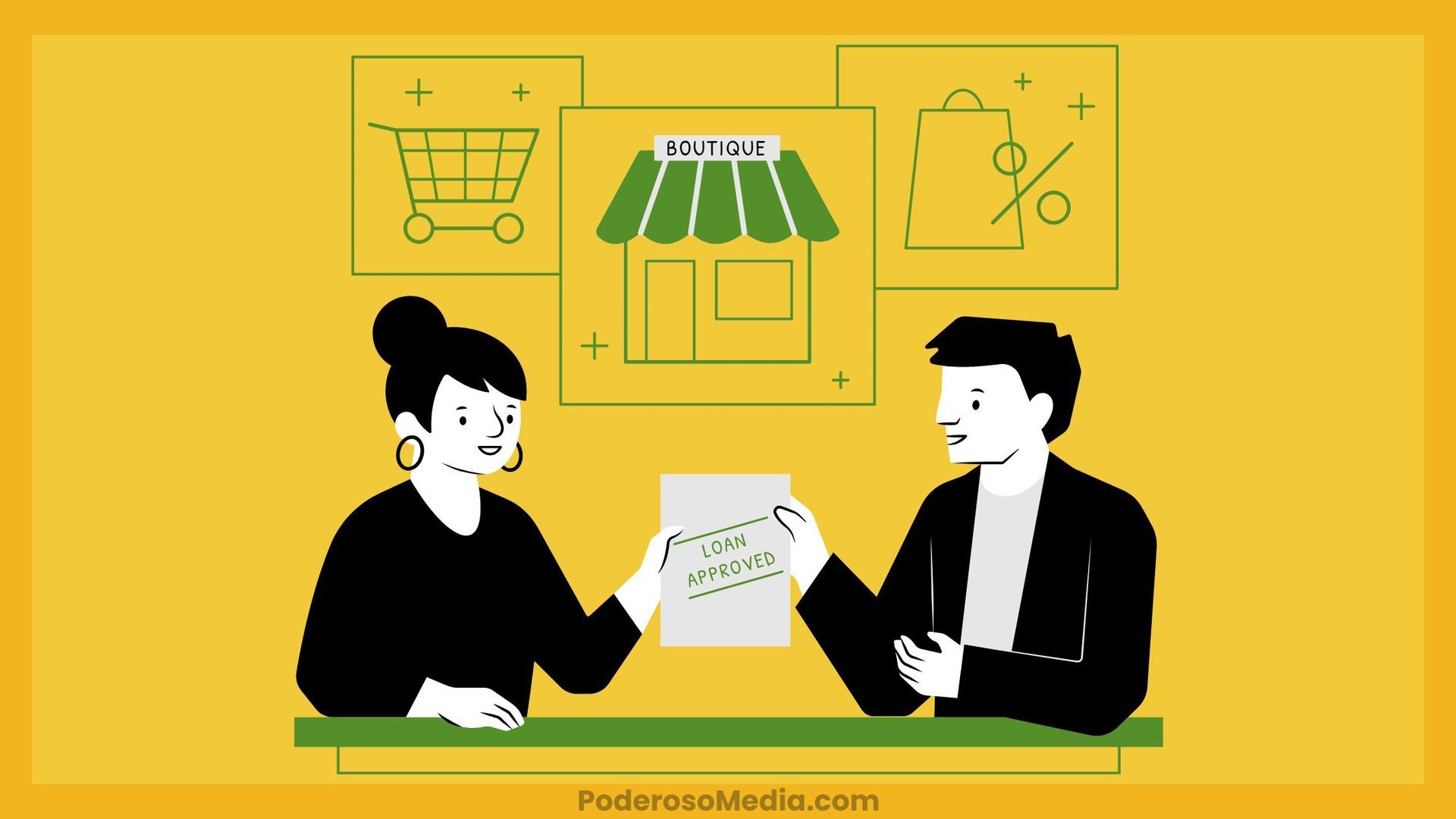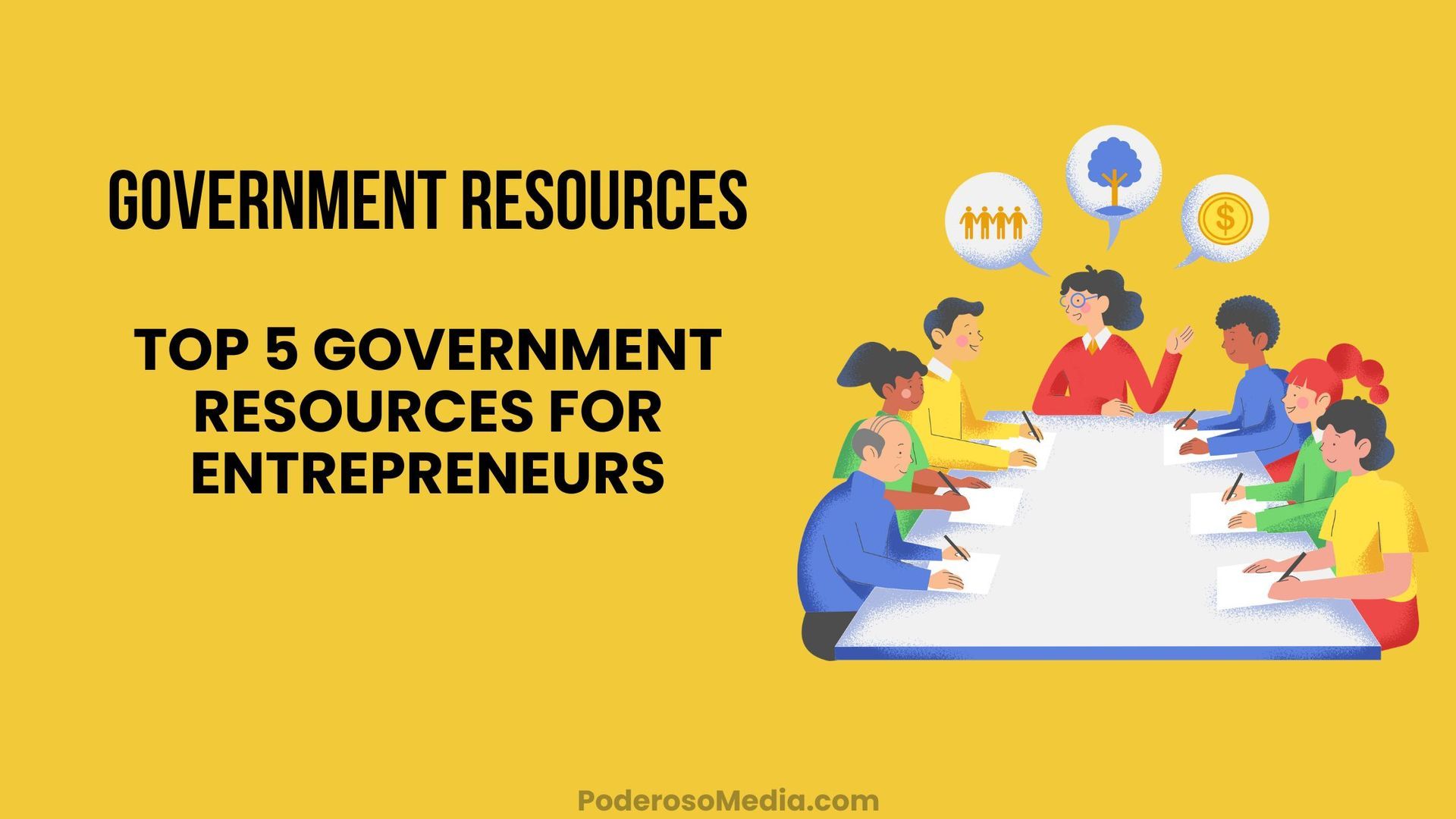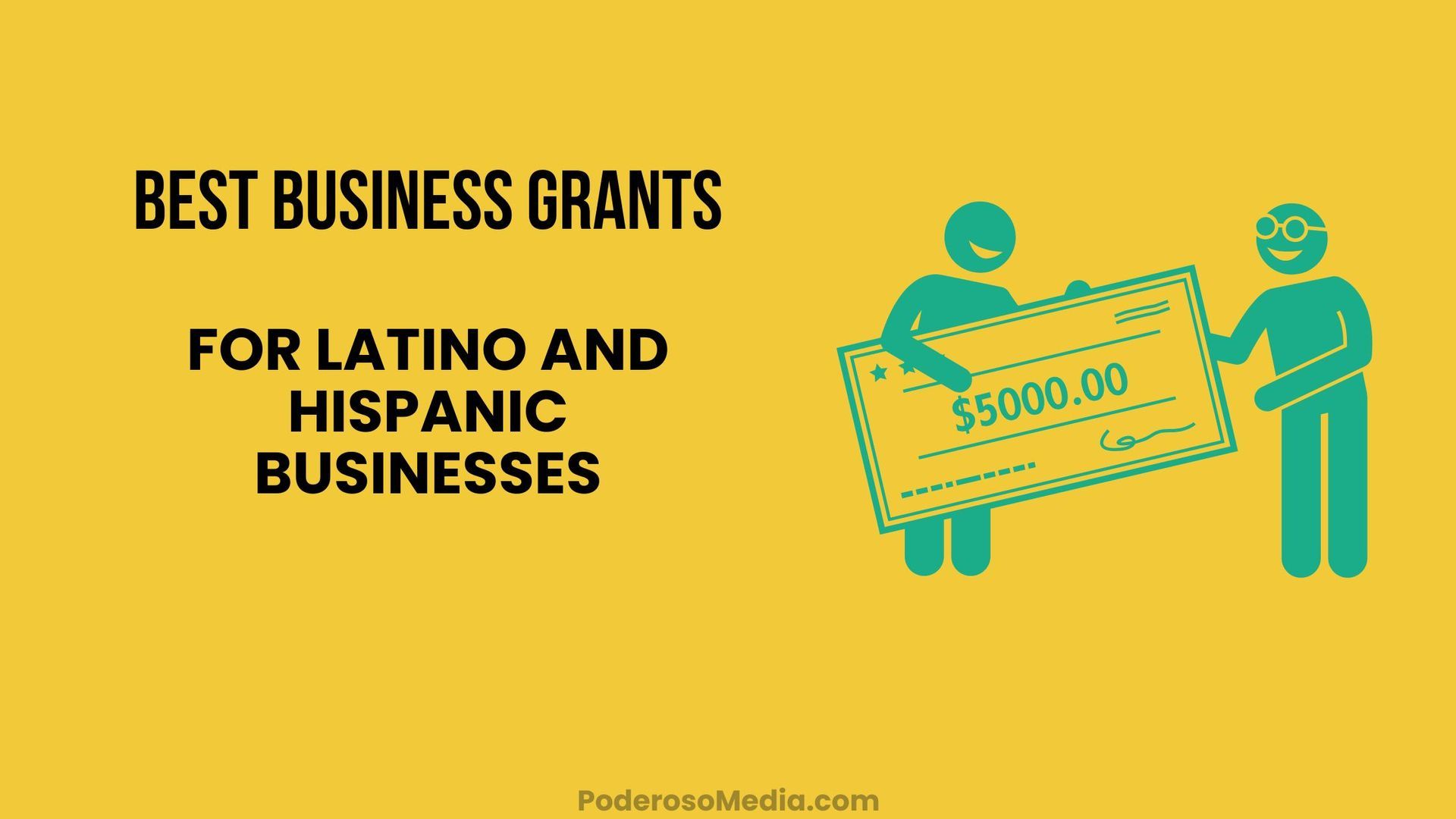
Securing funding is often a major hurdle for small business owners. Thankfully, the U.S. Small Business Administration (SBA) offers business loan programs, like the SBA 7(a) loan, o help. Business loans might sound scary if you've never applied for them.
But good news. The SBA 7a loan, among many funding programs the SBA offers, is popular among small business owners and entrepreneurs, offering favorable terms and a government-backed guarantee.
This article will explore SBA 7a loans, covering eligibility, the application process, and loan types. By the end, you'll understand if an SBA 7a loan fits your business needs. If you've considered applying for an SBA 7a loan program with the Small Business Administration and felt overwhelmed, this guide will provide valuable insights and resources.

Understanding the SBA 7(a) Loan
The SBA 7(a) loan program partners with approved lenders. The SBA guarantees a portion of your loan for your small business, which reduces lender risk.
This makes them more willing to offer small businesses potentially better interest rates and repayment terms than some business credit cards. However, finding the right SBA lender is the first step.
Finding Approved SBA 7(a) Lenders
Start by contacting your current business bank. They might offer SBA 7a loans, streamlining the process. The SBA also has a lender match toolto connect you with potential SBA lenders funding with competitive rates and fees.
This tool connects small businesses with suitable lenders. Seek out lenders experienced with SBA 7a loans; their expertise can ease the application process and potentially improve your approval odds.
Business Resources for SBA 7a Loans
Connecting with business resources like the Small Business Development Center (SBDC) and Veteran Business Outreach Centerfor valuable insight into finding the right lender and loan guarantee programs for your small business.
Types of SBA 7(a) Loans
The SBA 7(a) loan program offers various loan types for small business needs.
For loans over $500,000, with up to a 75% guarantee. This general-purpose loan covers a wide range of financing needs for small businesses. The turnaround time is 5-10 business days and requires you to submit SBA form 1919.
For loans up to $500,000, with a maximum guarantee of 85% (up to $150,000). This option is handy for working capital or purchasing commercial real estate. Turnaround time is 2-10 business days and requires you to submit SBA form 1919.
You can also get loans up to $500,000 within just a few weeks, with a maximum guarantee SBA guarantee rate of 50%. However, the reduced guaranty amount can affect interest rate maximums and maturity time. This option suits those who prioritize fast access to funds for business development.
Designed for export transactions and businesses, express loans offer up to $500,000 (Export Express) with a 90% SBA guarantee for loans of $350,000 or less and 75% for loans of more than $350,000. This program assists businesses in developing their export side.
Designed for businesses that generate export sales and require additional capital, with loans up to $5,000,000 with a 90% SBA guarantee.
International trade loans support small businesses that are:
- Existing exporters;
- Developing new export markets;
- Affected by import competition.
Loans up to $5,000,000 with a 90% SBA guarantee. SBA turnaround time is 5-10 business days.
CAPLines is an umbrella program that helps small businesses meet their short-term and cyclical working capital needs. (This is from the SBA government website.)
Navigating the SBA 7(a) Loan Application Process
1. Check Your Eligibility
Before applying, ensure your business meets the following criteria:
- For-profit operating in the U.S..
- Demonstrated loan need.
- Personal investment of time and money in the business.
- Meets SBA size standards.
- No prior loan denials on fairgrounds by traditional lenders.
2. Gather Documents
Prepare these documents in advance for a smooth application:
- Business licenses and registrations.
- Financial statements (up to three years), including Profit & Loss statements and Balance Sheets.
- Tax returns (business and personal).
- Debt schedule (if applicable).
- Bank statements (several months).
- Loan purpose statement.
3. Submit and Follow Up
After submitting, follow up regularly. Check the lender's published SBA turnaround times.
Prompt follow-up keeps your application on track. After the decision, ask about interest rates, repayment schedules, and fees.
Benefits and Drawbacks of an SBA 7(a) Loan
Benefits:
- Government Backing: Reduces lender risk, potentially leading to smaller down payments and lower interest rates.
- Lower Payments and Terms: Offers lower monthly payments and extended repayment terms (up to 25 years). This frees up cash flow for daily operations and business credit.
- Variety: Multiple loan programs cater to different business needs, including disaster assistance, surety bonds, and various contracting assistance programs.
Drawbacks:
- Paperwork and Eligibility: Extensive documentation is required, and eligibility requirements can be stringent. The SBA offers many resourcesfor those needing business guides or assistance programs.
- Time: The application process can take weeks or months. An SBA Express loan might be quicker, but the terms may be less favorable. Consider how the processing time aligns with your business goals, whether securing a federal contract or expanding operations.
- Fees and Interest: SBA 7a loans have fees, including possible prepayment penalties. Before proceeding, inquire about all fee structures and prepayment rules. Factor in these costs, including competitive rates, for your desired maximum loan amount.
Is an SBA 7(a) loan right for you?
An SBA 7a loan can be valuable for small business owners. The government backing, loan variety, and longer terms offer opportunities for businesses needing capital. Federal contracting and accessing working capital become easier with this financing.
Weigh the pros and cons, considering your business's specific circumstances. This will ensure that an SBA 7a loan aligns with your immediate and long-term goals. SBA district offices offer one-on-one counseling and learning platform resources for detailed guidance.
FAQs
What is an SBA 7a loan for?
7(a) loans can be used for the following (directly from SBA website):
- Acquiring, refinancing, or improving real estate and/or buildings.
- Short- and long-term working capital.
- Refinancing current business debt.
- Purchasing and installation of machinery and equipment.
- Purchasing furniture, fixtures, and supplies.
- Changes of ownership (complete or partial).
- Multiple purpose loans, including any of the above.
Are SBA 7a loans hard to get?
Yes, SBA 7a loans can be hard to get based on a variety of factors: credit score, time in business, annual revenue, and other requirements, such as meeting SBA eligibility and having no existing debts with the government.
What is the difference between an SBA 504 and SBA 7a loan?
SBA 504 loans are primarily used for commercial real estate and equipment, while SBA 7a loans are for working capital, business acquisition, and other purposes.
What are the income requirements for an SBA 7a loan?
Less than $7.5 million average annual revenue for the past three years, with a net income of less than $5 million (after taxes) and a tangible net worth of $15 million.
What disqualifies you from getting an SBA loan?
There are many reasons why you'd be disqualified for SBA loans, including:
- If you are on parole.
- Not meeting SBA eligibility criteria.
- Low credit score under 680.
- History of bankruptcies, foreclosures, or tax liens.
- Inability to provide collateral for loans.
- Insufficient cash flow to meet debt obligations.
- Not being in "good character" as defined by the SBA.
- If you owe any outstanding debts to the U.S. government.
How can I get a better interest rate on an SBA 7a loan?
There are many ways to get a better interest rate on an SBA 7a loan. Improving your credit score by paying off debts and building a longer credit history can help. Providing collateral using assets (home, cash, insurance, etc.) can reduce interest rates because it reduces the risks for lenders, resulting in lower interest rates.
It would be best if you also worked with an SBA preferred lender. SBA preferred lenders have experience with SBA loans and can help you acquire the most competitive rates in your favor.
What is the 7(a) Working Capital Pilot program?
The 7(a) Working Capital Pilot program (WPC) is an SBA program offering monitored lines of credit within the SBA 7(a) loans program.
This program benefits small businesses that:
- Operate in the manufacturing, wholesale, or professional services industry;
- Have a minimum one-year operating history;
- Can benefit with a line credit of up to $5M;
- Produce accurate and timely financial statements;
- Want to manage large contracts/projects and/or borrow against accounts receivable or inventory;
What is the current SBA 7a interest rate?
As of November 2024, the current SBA 7a loan interest rate is 8.75%-10.50% for loans between $5,000 and $5 million with repayment terms between 7 and 15 years.
Check out our other articles!


